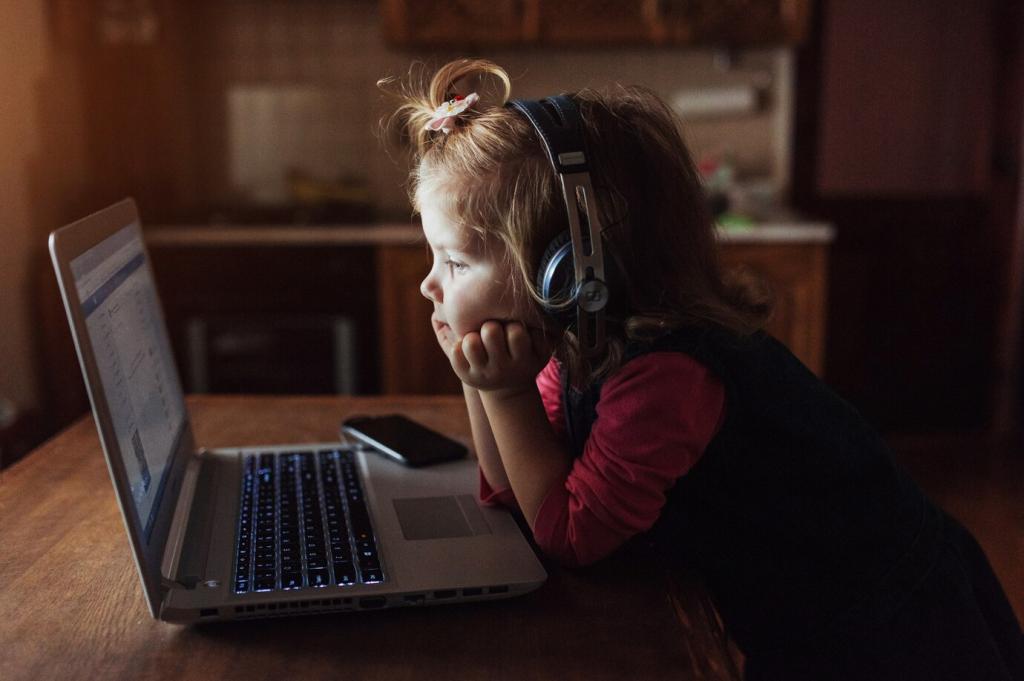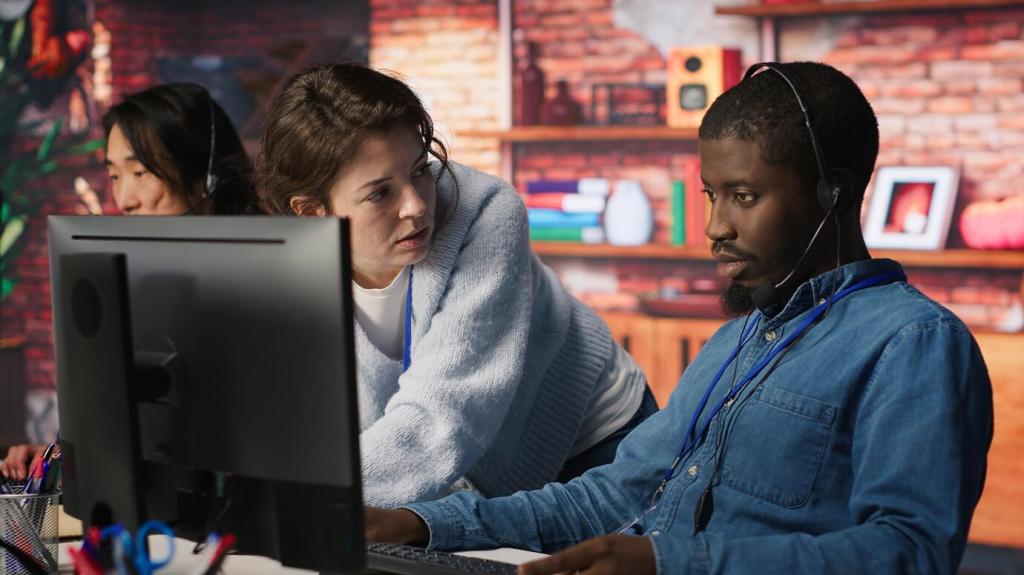Collaborative Writing and Editing Workshops in English

Enhanced Creative Output
When individuals write together, the combination of differing personalities, backgrounds, and writing styles can result in unexpectedly rich and varied creative content. Collaborative environments dissolve barriers between genres, styles, and voices, often pushing writers beyond their usual comfort zones. This on-the-spot interaction means ideas evolve organically, and participants can rapidly build upon each other’s suggestions. As a result, the final product is frequently more polished, innovative, and resonant than a solo project. The collaborative setting also motivates writers to take risks, try new techniques, and trust the group process, which ultimately enriches their own creative journeys.

Strengthening Communication Skills
Effective writing is intrinsically tied to strong communication skills, and collaborative workshops are uniquely positioned to strengthen these abilities. Participants must learn to express their ideas clearly, listen attentively, and provide valuable feedback in a respectful and supportive manner. Navigating the nuances of group dynamics, from negotiating content direction to resolving differing opinions, cultivates patience, empathy, and open-mindedness. These social and communicative proficiencies not only contribute to the success of the writing process but also translate into improved interpersonal skills outside the workshop, making these sessions invaluable for both creative and professional development.

Building Confidence and Accountability
Writing with others cultivates a sense of accountability, motivating participants to contribute meaningfully and maintain deadlines. The encouragement and constructive criticism received in workshops gradually build each writer’s confidence in their abilities. Sharing drafts and ideas, receiving immediate reactions, and watching improvements unfold in real-time reassure writers that their voice matters within the collaborative framework. As the group celebrates successes and overcomes challenges together, writers leave the workshop empowered and better equipped to tackle future projects, either on their own or in future collaborations.
Workshop Structure and Approach
Facilitated Group Sessions
Most workshops are led by experienced facilitators who guide the group through the writing and editing process. These facilitators create an environment of trust and openness, encouraging free expression and respectful critique. Their expertise helps establish clear objectives for each session, whether it’s brainstorming, drafting, or revising. By supplying prompts, moderating discussions, and guiding group activities, facilitators ensure the session maintains focus and momentum. They are also adept at recognizing the unique strengths and needs of each participant, tailoring feedback and involvement to maximize everyone’s potential, thereby creating a truly collaborative learning atmosphere.
Rotating Roles and Responsibilities
To ensure active participation and equitable learning, workshops often rotate various roles among participants—such as editor, reviewer, or scribe. This approach exposes writers to multiple perspectives within the writing and editing workflow. By experiencing each role firsthand, participants develop a deeper understanding of both the creative and mechanical aspects of producing effective writing. Seeing their work through the eyes of an editor, for instance, sharpens critical thinking and self-editing abilities. Similarly, serving as a scribe or leader encourages initiative and fosters a sense of ownership in the group’s achievements, ultimately enriching the collective workshop experience.
Integrating Technology and Tools
Modern collaborative writing workshops embrace a range of digital tools to facilitate efficient communication and content creation. Platforms such as shared documents, messaging apps, and discussion boards allow participants to contribute, edit, and comment on texts in real-time, regardless of location. These technologies not only streamline the collaboration process but also make it inclusive and adaptable to various learning and working environments. By familiarizing participants with industry-standard tools, workshops help writers cultivate digital literacy skills that are increasingly valuable in both academic and professional settings, bridging traditional and contemporary writing practices seamlessly.
Techniques for Effective Editing
Peer Review and Constructive Critique
An integral component of collaborative workshops, peer review encourages writers to assess each other’s work critically and empathetically. This process fosters a sense of community and collective responsibility for the quality of the group’s writing. By learning how to provide and receive constructive feedback, participants develop important editing skills such as recognizing stylistic inconsistencies, weak arguments, or grammatical errors. Engaging in regular peer review sharpens writers’ analytical abilities and sensitizes them to language nuances, ultimately enabling them to create stronger, more cohesive texts. The supportive atmosphere ensures feedback is framed positively, highlighting areas for improvement without discouraging creativity.


Editing for Clarity and Consistency
Group writing projects often challenge writers to maintain a consistent voice, style, and level of clarity throughout the text. Collaborative editing workshops address this by emphasizing strategies for standardizing headings, tone, and terminology. Participants learn to identify ambiguity, verbosity, and structural weaknesses, working together to rewrite passages for greater lucidity and flow. Through collective review, errors or inconsistencies that might escape a single writer’s notice become more apparent. This group attention to detail refines the work, ensuring it communicates effectively to its intended audience. Moreover, these editing exercises instill habits that benefit all future writing endeavors.
